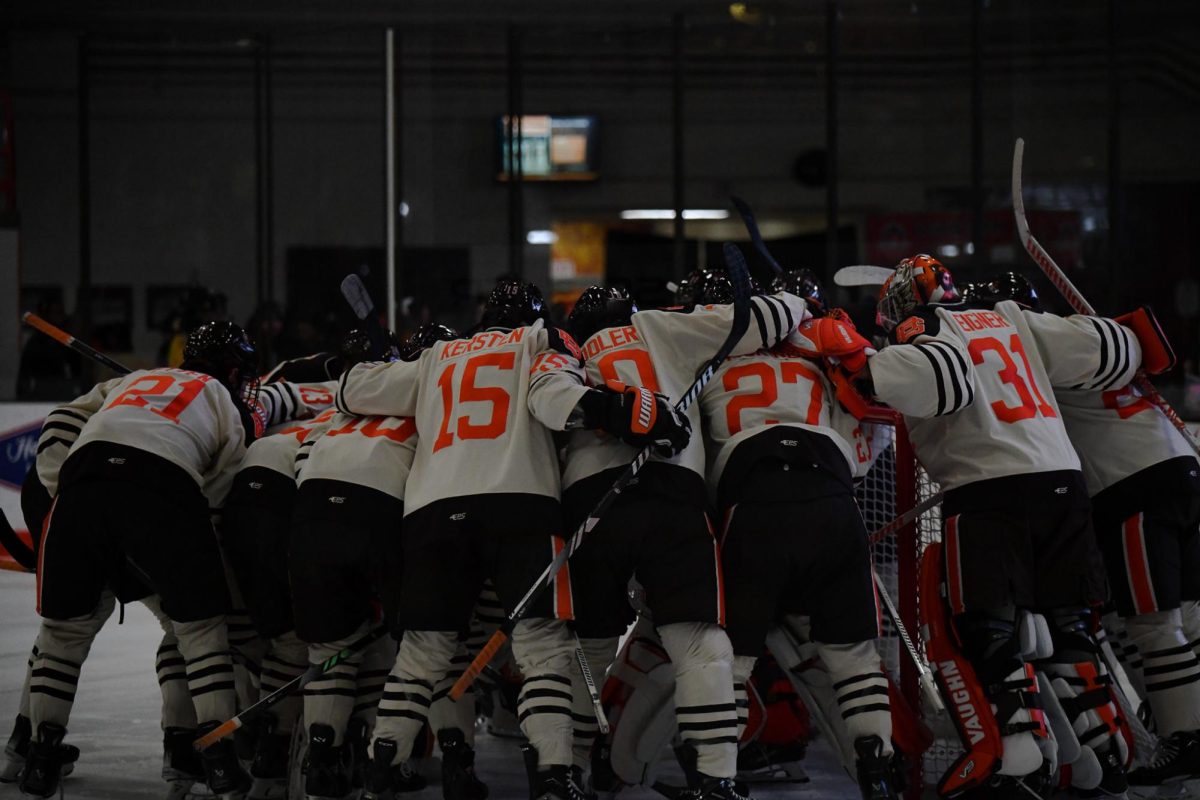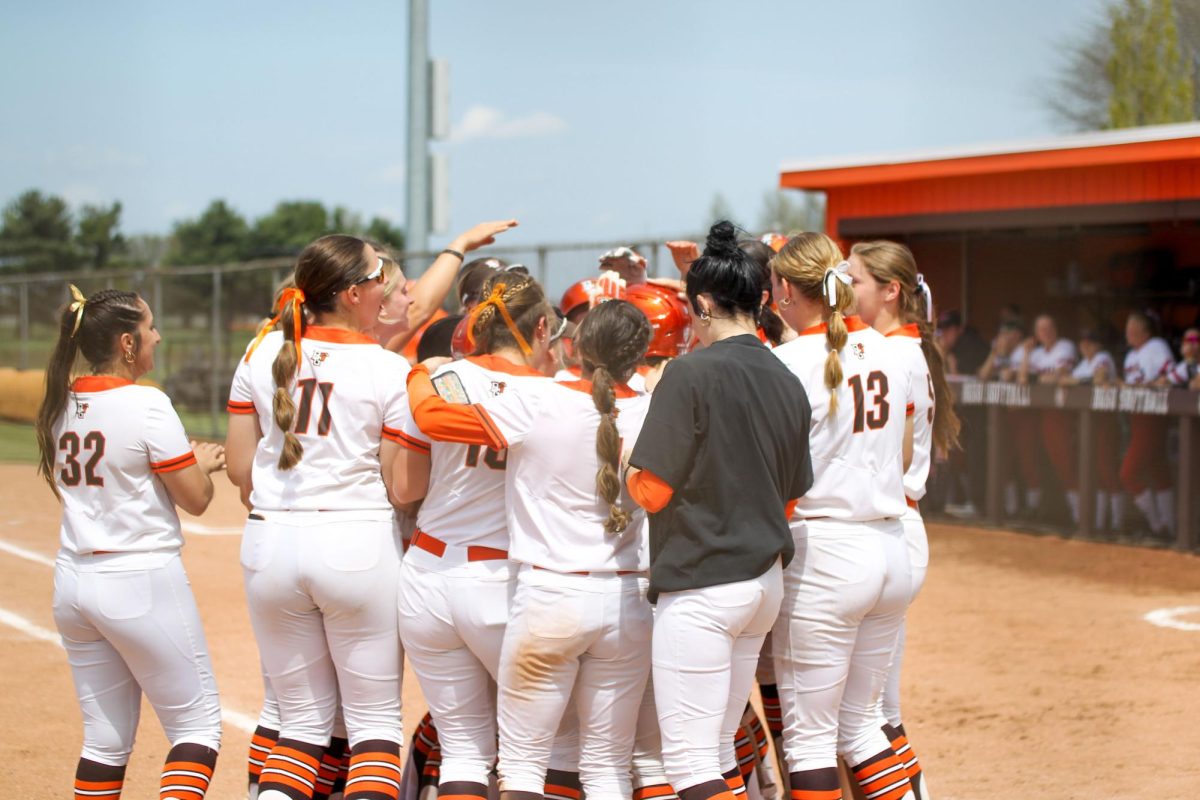Michelle Rhee, the former chancellor of the Washington, D.C. public school system, was featured on a weekend news program several weeks ago.
In the process of making her controversial decision to close low-performing schools, she solicited the input of parents. Much of the reaction was decidedly negative, but she justified her ultimate decision by saying that the meeting was advisory and “not a democracy.”
There’s a good deal of confusion between the terms “democracy” and “republic.” The former term is used a great deal in a wide variety of circumstances by everyone, from teachers’ unions to students to corporate shareholder groups. It’s become a code word for the “voice of the people.”
The truth is, the Founding Fathers were generally fearful of a “democracy,” which they perceived to be an unrestrained majority or even mob rule. It’s been said that a mob is the perfect democracy: everyone agrees with the same goals and aims. This is the last thing the Founding Fathers wanted.
On September 18, 1787, as he was leaving Independence Hall at the close of the Constitutional Convention, Benjamin Franklin was supposedly approached by a woman who asked the result of the deliberations. His reply: “A republic, if you can keep it.”
Our nation is a constitutional republic, not a democracy. We pledge allegiance to flag with the words “ … and to the republic, for which it stands … ”
Our president and vice president are elected indirectly, through the Electoral College rather than by plebiscite. The Senate was established to give each state an equal input in the legislative process and would serve as a damper to the House of Representatives, which was considered to be more susceptible to popular whims and influence.
The justification for a republic ultimately stems from the desire to protect citizens from the tyranny of both the majority and the minority.
The function of government is to secure and protect the rights of its citizens. The government is not the source of these rights. A higher power is. These truths are inscribed in the Declaration of Independence.
The Federal Government should not be in the business of trying to find new powers and duties. The Tenth Amendment reads, “The powers not delegated to the United States by the Constitution, nor prohibited to it by the States, are reserved to the States respectively, or to the people.”
It couldn’t be clearer.
It’s quite possibly the shortest passage in the Constitution, yet perhaps the most important, for it defines Federalism. It’s also probably the most overlooked and ignored clause in the document.
Some think that politicians and government officials should be taking constant polls to ascertain the mood of the citizenry. To them, this is the essence of “democracy.” This is not only inefficient, but also obviates the need for elections.
Winston Churchill once stated, “The nation will find it very hard to look up to their leaders who are keeping their ears to the ground.”
He also had strong feelings about succumbing to whatever current popular sentiment happened to be in vogue.
“The best argument against a democracy is a five-minute conversation with the average voter,” Churchill once stated.
Alexander Fraser Tytler, an 18th century writer and historian, stated that democracies generally last only 200 years.
They fail when the voters “ … discover that they can vote themselves largesse from the public treasury. From that moment on, the majority always votes for the candidates promising the most benefits from the public treasury with the result that a democracy always collapses over loose fiscal policy … ”
This is what the Founding Fathers feared.
Tytler was merely echoing a lesson from ancient Rome. “Panis et circenses:” bread and games. Keep the population well-fed and entertained and they won’t challenge the rulers until the nation is bankrupt.
Then, of course, it’s too late.
There is a terrible sequence of civic events (falsely ascribed to Tytler) that is relevant here: from bondage to faith, to courage, to liberty, to abundance, to selfishness, to apathy, to dependence and back to bondage.
That’s why it’s important to distinguish between “democracy” and “republic.” Words indeed have meanings.

















